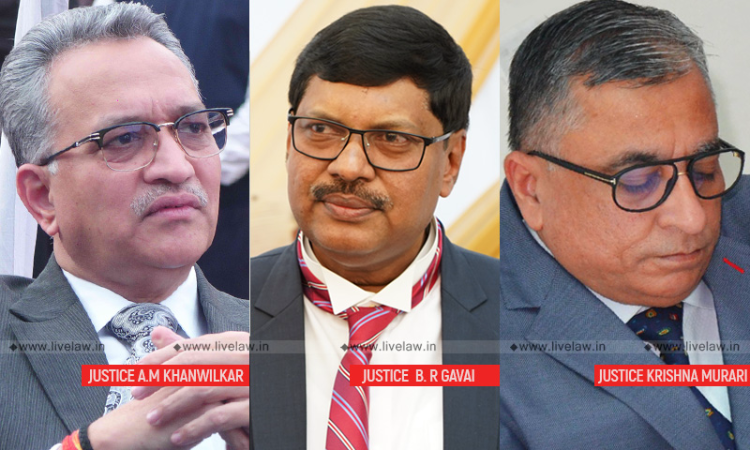Insolvency Process Maintainable Against Corporate Guarantor Even If Principal Borrower Is Not A 'Corporate Person' : Supreme Court
LIVELAW NEWS NETWORK
26 March 2021 7:36 PM IST

'In law, the status of the guarantor, who is a corporate person, metamorphoses into corporate debtor, the moment principal borrower (regardless of not being a corporate person) commits default in payment of debt which had become due and payable"
Next Story


